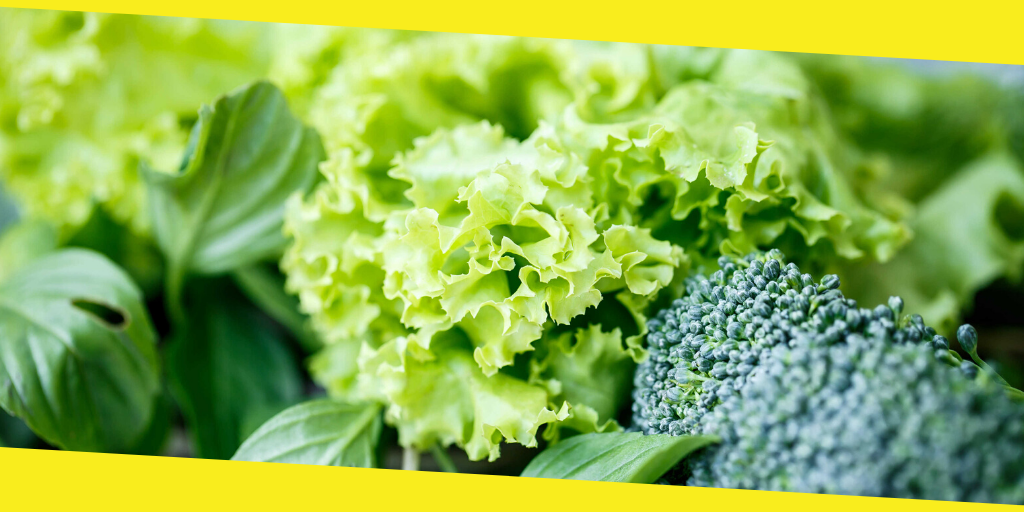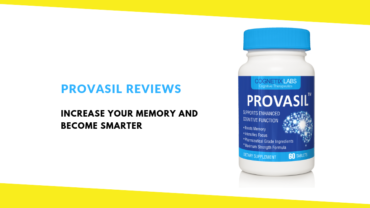Why is Folate Important?

If you or someone you know went through a pregnancy recently then you probably already know about folate. It’s a vital nutrient for the body and it is standard practice to administer a folate or folic acid supplement during pregnancy. But did you know it can be good for any vulnerable person to take? Indeed anyone, even fully healthy people can benefit from this all natural supplement. If you are new to this discussion, perhaps you are asking just what is folate in the first place? Folate is an essential nutrient that the body needs for many life sustaining functions. We are going to go over all the facts in the following article titled Why is folate important?
Folate is the naturally occurring form of folic acid, which is man-mad. Folate and folic acid are different forms of vitamin B9. While there’s a distinct difference between the two, their names are often used interchangeably. In fact, there’s a lot of confusion regarding folic acid and folate, even among professionals. Vitamin B9 is an essential nutrient that naturally occurs as folate. It serves many important functions in your body. For example, it plays a crucial role in cell growth and the formation of DNA. Without enough of this nutrient, the neurotransmitters that regulate your mood get lazy. Not enough Folate means not enough red blood cells, which may affect your energy levels. The number one reason outside pregnancy that people take a folate supplement is for an energy boost.
Folate functions as a coenzyme or consubstrate in single-carbon transfers in the synthesis of nucleic acids (DNA and RNA) and metabolism of amino acids. One of the most important folate-dependent reactions is the conversion of homocysteine to methionine in the synthesis of S-adenosyl-methionine, an important methyl donor. Another folate-dependent reaction, the methylation of deoxyuridylate to thymidylate in the formation of DNA, is required for proper cell division. An impairment of this reaction initiates a process that can lead to megaloblastic anemia, one of the hallmarks of folate deficiency.
Folate is naturally present in a wide variety of foods, including vegetables (especially dark green leafy vegetables), fruits and fruit juices, nuts, beans, peas, seafood, eggs, dairy products, meat, poultry, and grains. Spinach, liver, asparagus, and brussels sprouts are among the foods with the highest folate levels. But there is compelling research that says the folate you get from foods may not be enough, especially if our bodies are growing or if we are pregnant. For instance, the recommended daily intake of folate for a healthy adult is 400 mcg. However if you are pregnant or are planning to get pregnant the daily recommendation jumps to 600 mcg. And, if you are an adolescent the dosage for this important time goes down to 300 mcg a day. Recommended folate intake increases during pregnancy and breastfeeding to fuel rapid growth and help prevent neural tube defects in the fetus. The most common causes of folate deficiency include an inadequate diet, alcoholism, and difficulties in absorbing foods that contain folate or folate itself.
So, even if you are eating as healthy as possible, and who amongst us actually is, it is still very beneficial to take a folate supplement. With so much at stake why take a chance that your body will have a folate deficiency, when taking a supplement is so easy and inexpensive. So, eating a healthy diet rich in foods where folate is naturally occurring is the first step, but insuring your body gets the amount you really need makes taking a folate supplement a no-brainer. You can find a good folate or folic acid supplement online or in your local health food or natural medicine store.
Recommended For You
Provasil Reviews: Increase your Memory and Become Smarter
Most Inside
Most Inside offers high-quality recommendations and valuable updates to enhance all aspects of your life, providing premium guidance and enriching experiences.




